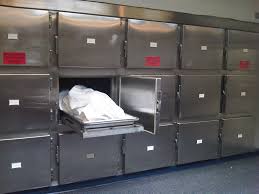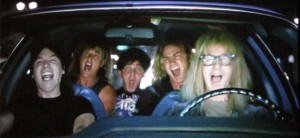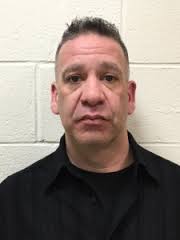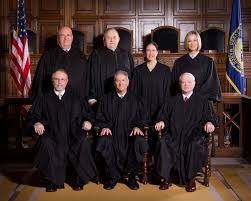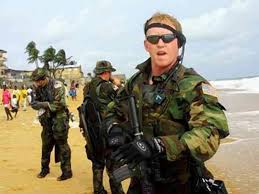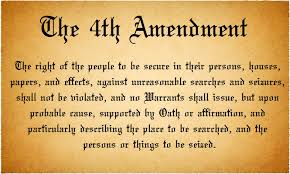You can be arrested for Los Angeles DUI whether you’re an out-of-state tourist tooling around in a rented convertible or a homegrown Angelino driving a car you’ve owned since high school. However, no matter what vehicle you drive, your legal problems will be significantly compounded if underage kids or teenagers are in the car with you.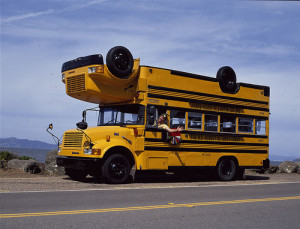
Consider the following situation out of Tennessee. Police responded to a request for help from a high school band: their charter bus, parked in front of a museum, apparently had a problem with one of its tires. Allen Newcomer, 51, allegedly drove the students on a trip from California Area High School in Western Pennsylvania to Nashville, Tennessee. His passengers included members of the high school band and their chaperones–38 students (all but seven under age 18) and 17 chaperones and teachers.
As they spoke with Newcomer, Nashville police officers began to suspect that the bus driver had a problem. Their first clue? He had “an obvious amount” of white powdery substance in his nostrils.
 Los Angeles DUI Attorney Blog
Los Angeles DUI Attorney Blog


